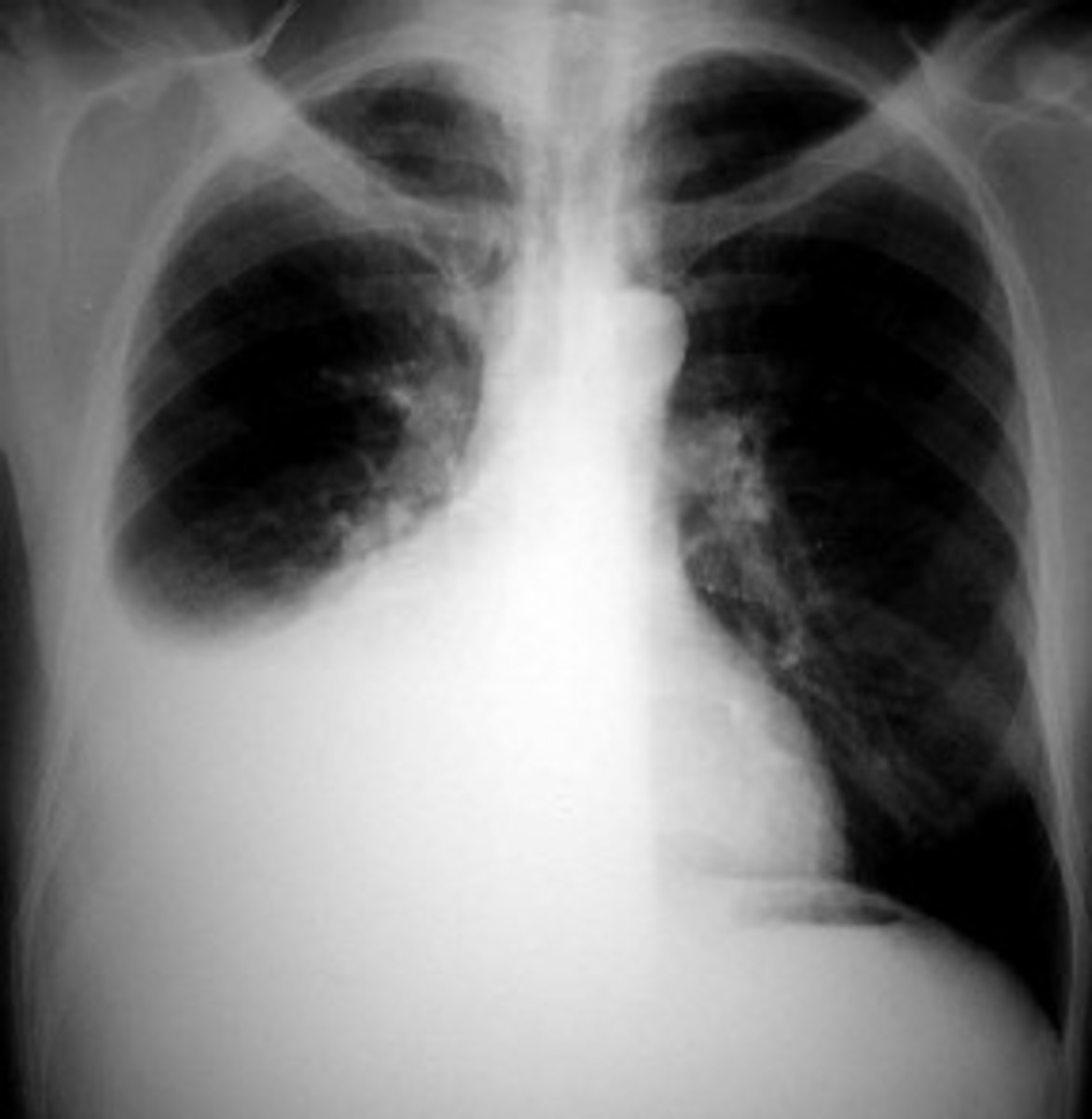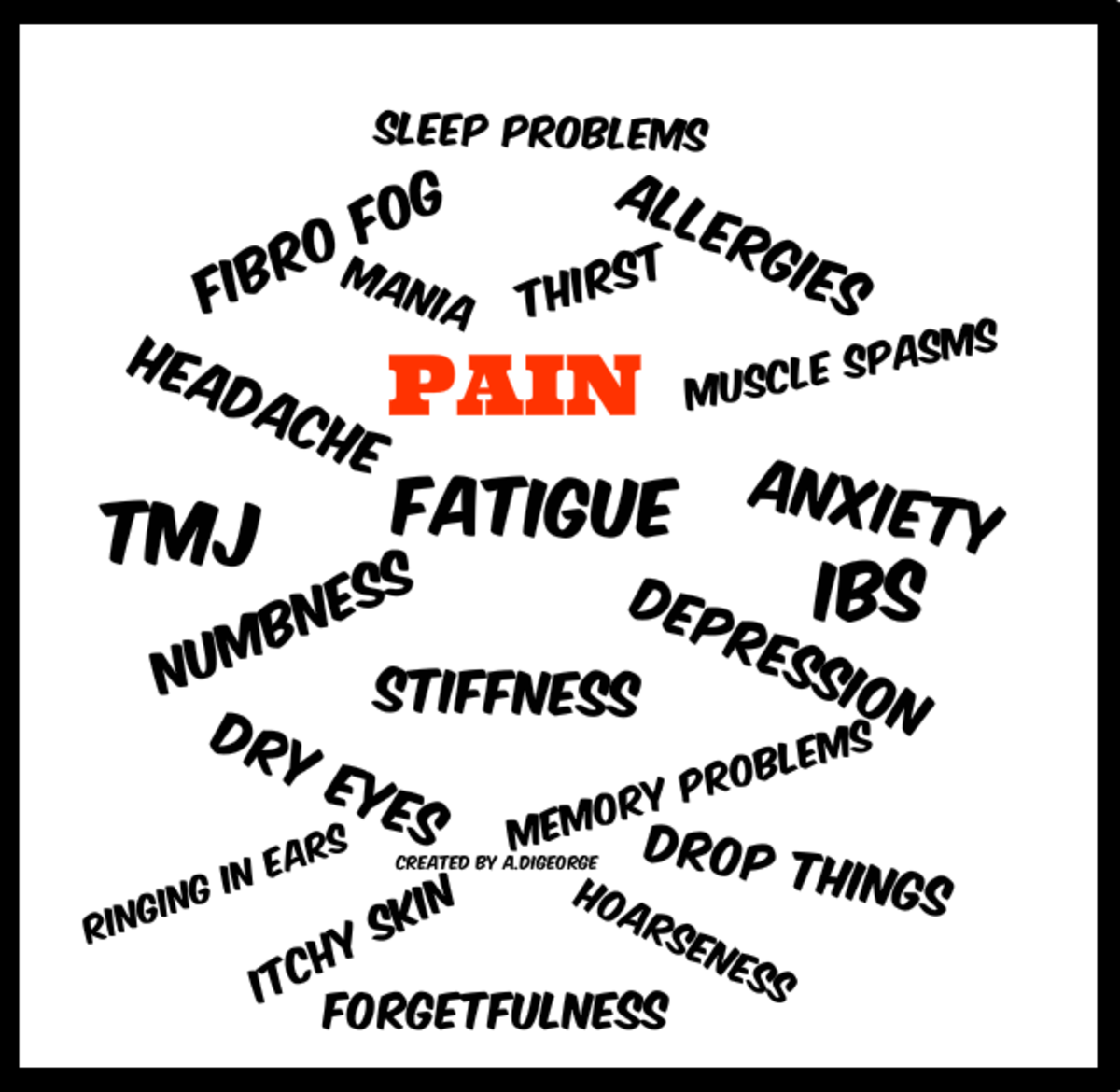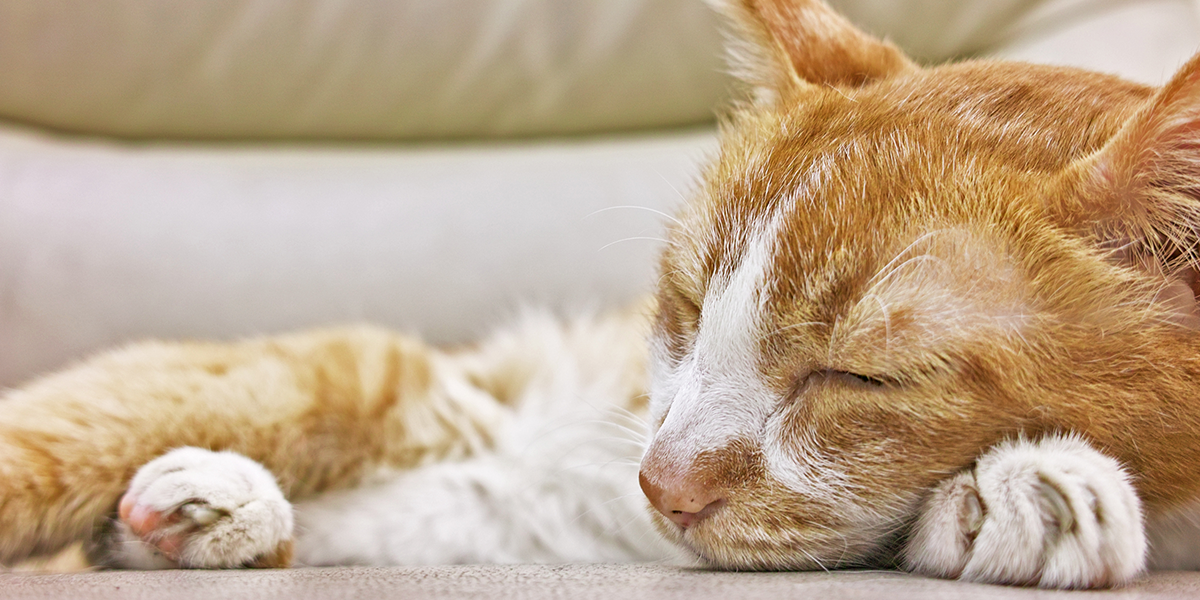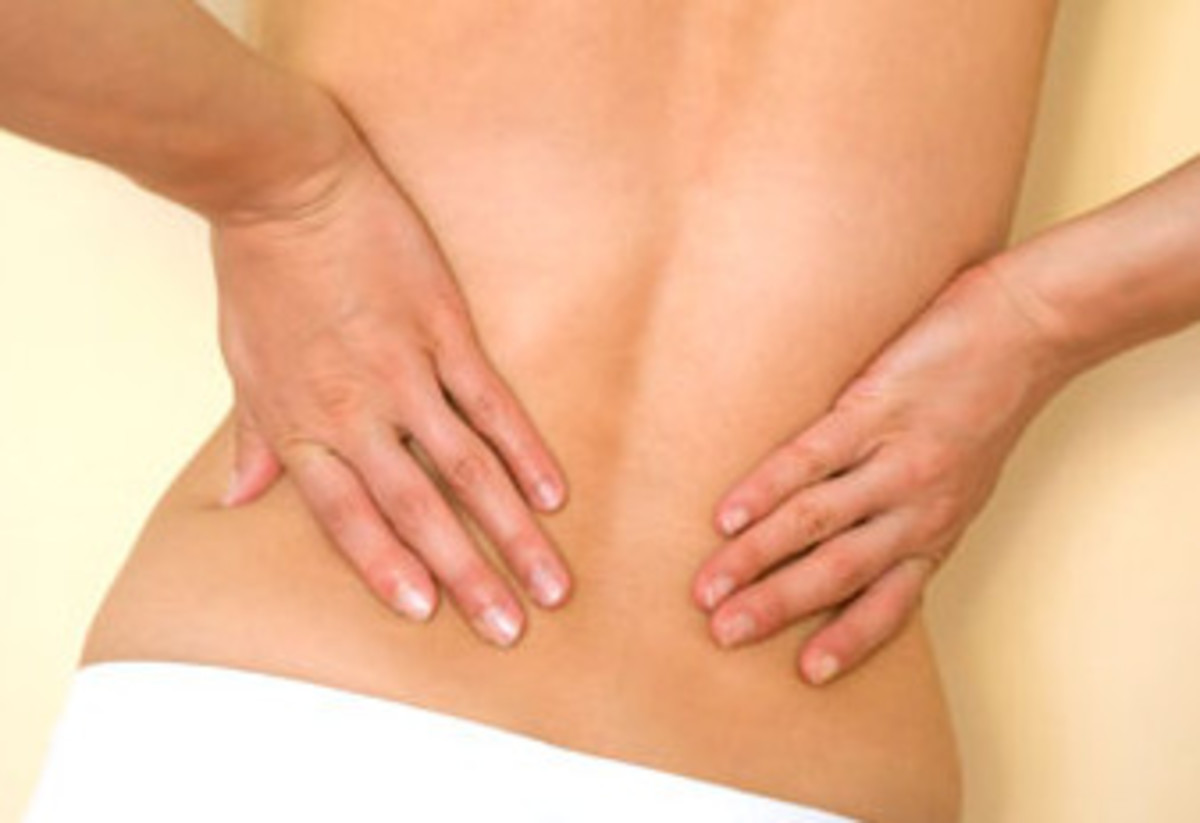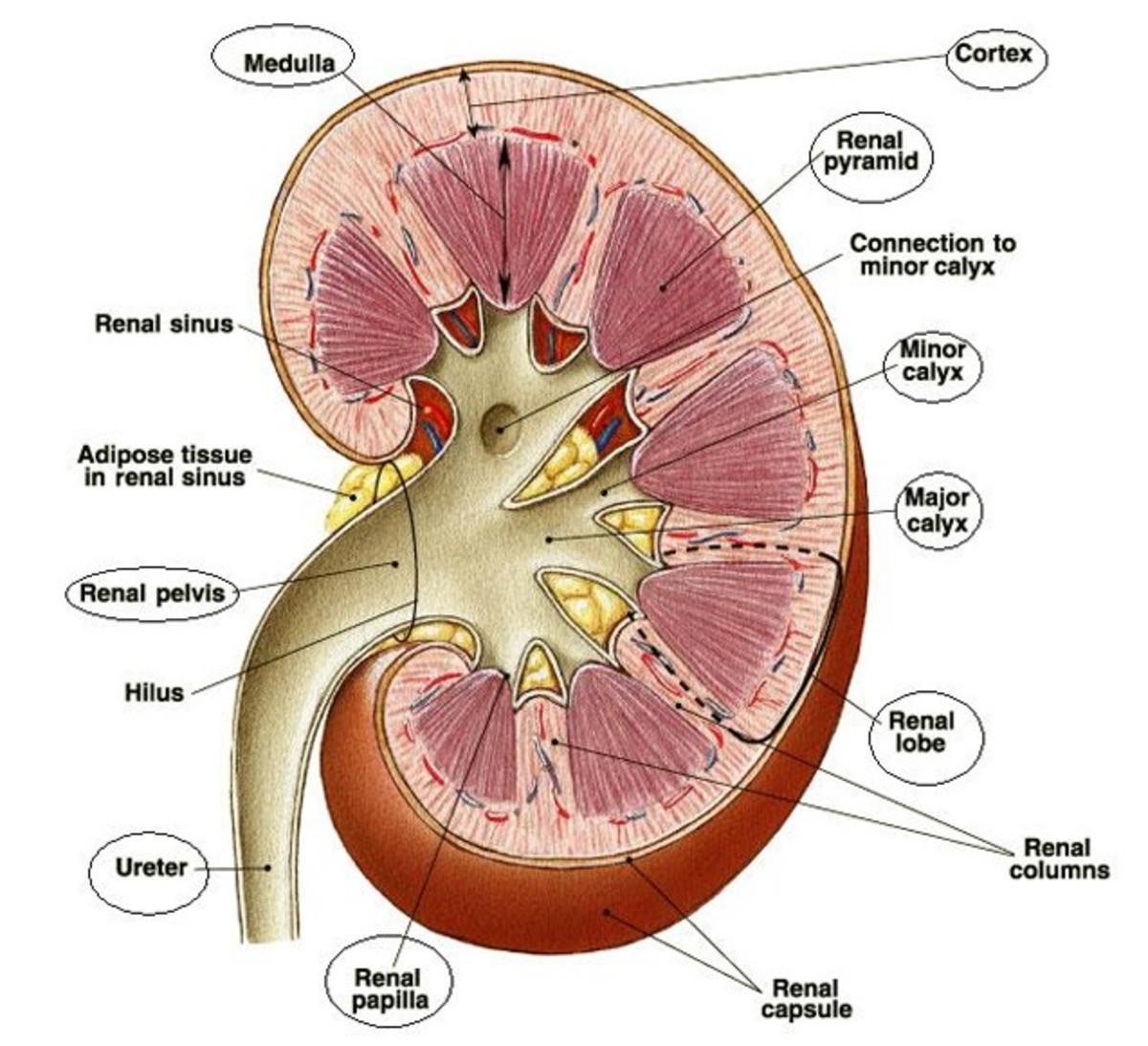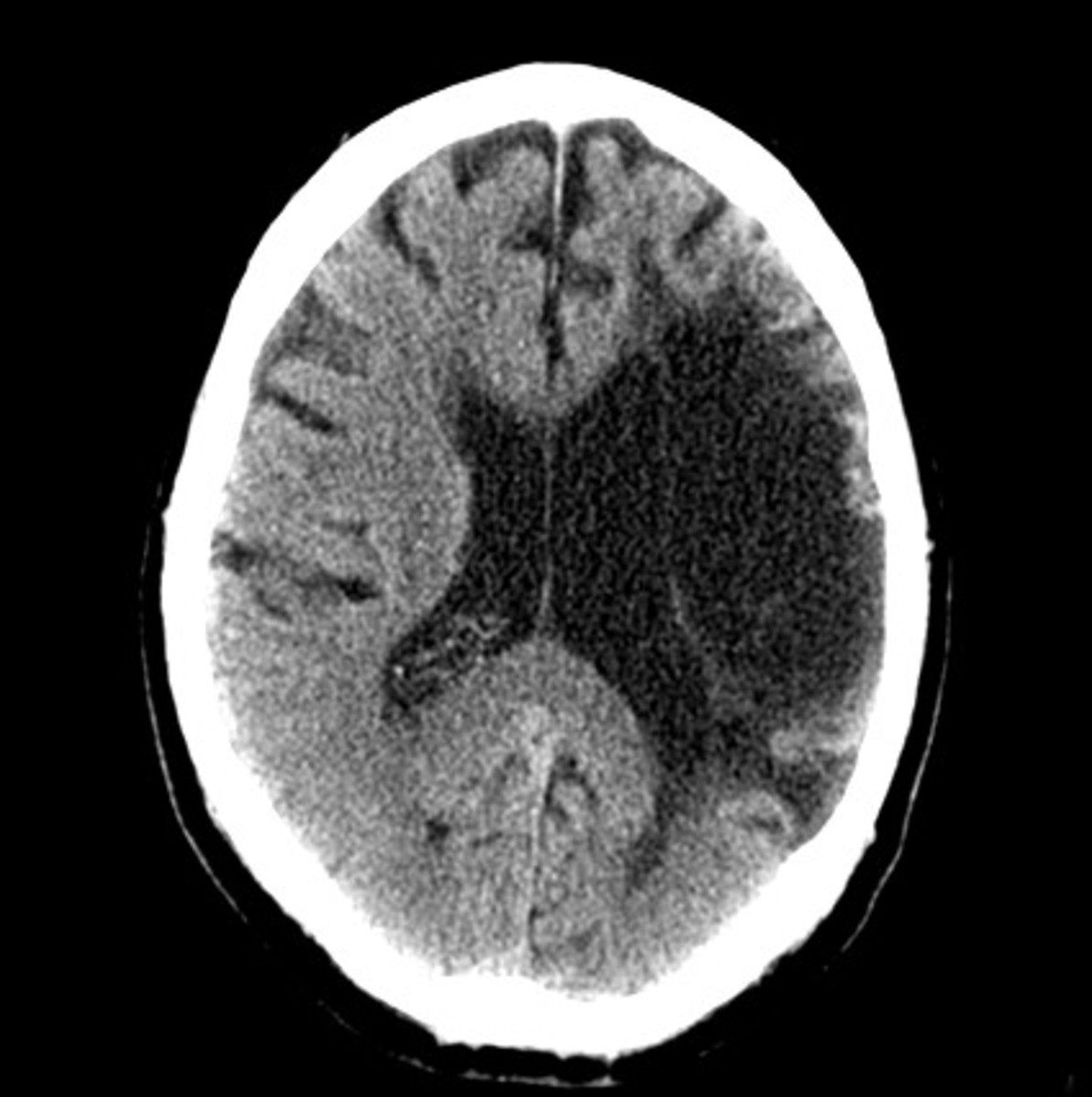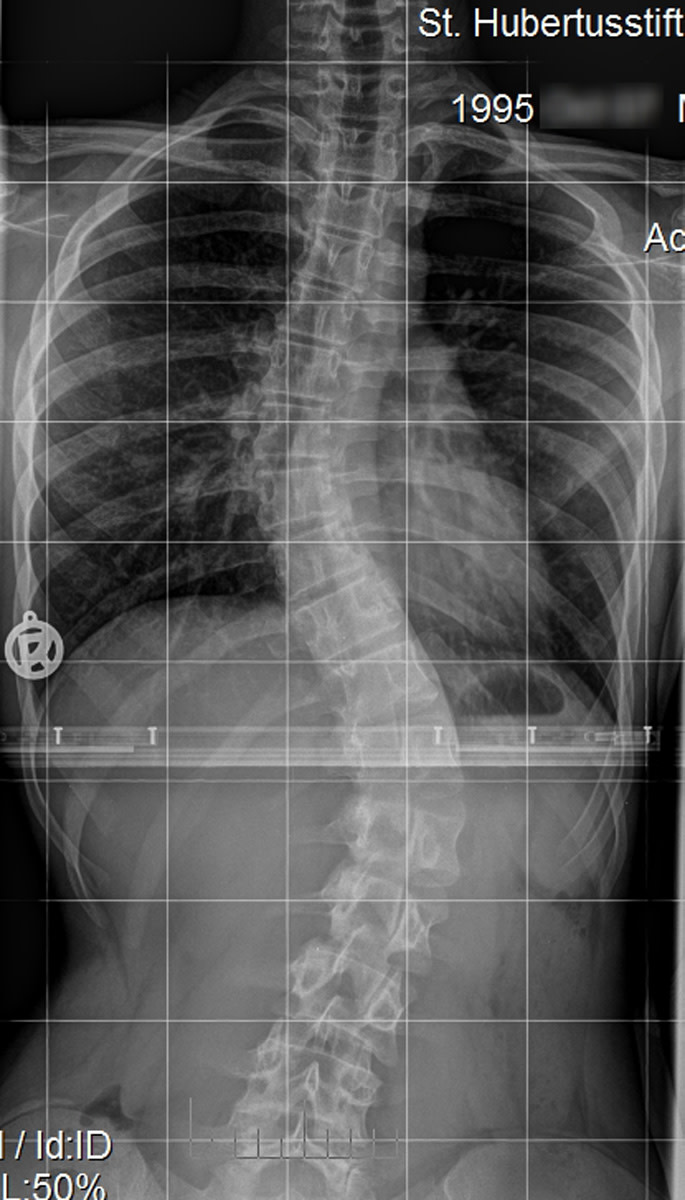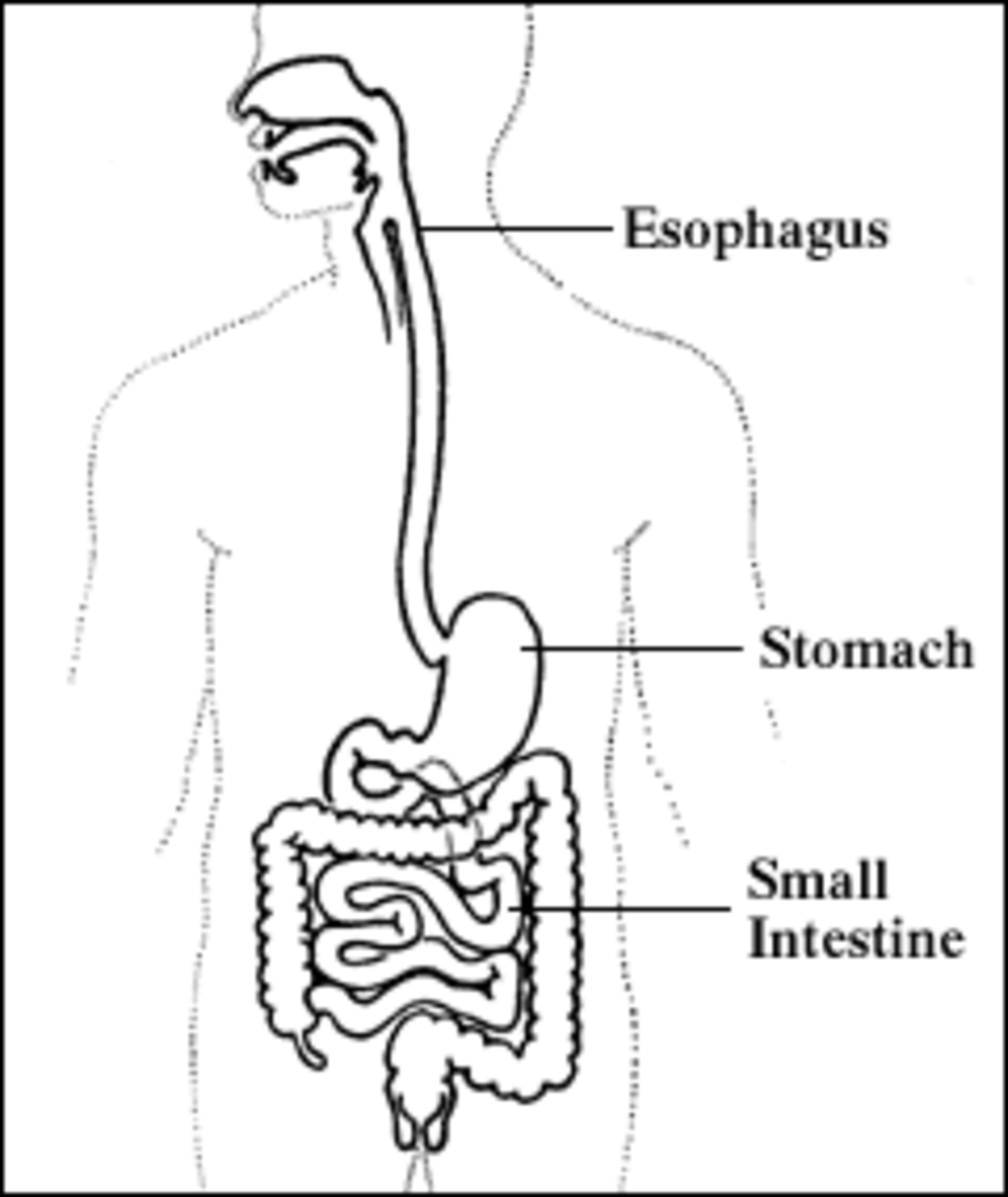Recognizing and Living with Chronic Kidney Disease
What Are the Symptoms of Kidney Disease?
Many people who suffer from chronic kidney disease are often unaware they have the condition because unpleasant symptoms rarely appear until 2/3 of kidney function is already lost. The first sign would probably be an elevation of serum creatinine levels. Creatinine is a waste product that is created by the breakdown of muscle tissue, and is usually filtered out by the kidneys and disposed of in the urine. Creatinine is often measured as part of standard diagnostic lab tests and anything above 1.5 mg per dll would be considered high. According to The National Kidney Foundation, other symptoms that would be experienced as the disease progresses are:
- Fatigue not associated with exertion
- Difficulty concentrating
- Poor appetite
- Trouble sleeping
- Muscle cramps at night
- Swollen feet and ankles
- Puffiness around the eyes
- Dry, itchy skin
- Need to urinate more often, especially at night
If you have been diagnosed with diabetes or high blood pressure, there is a good chance you might have some kidney damage, and there are simple urine tests you can perform at home to check for protein or glucose in the urine, two other symptoms of kidney disease. Even if you have none of these outward symptoms, you could still have declining kidney function, as almost everyone has some loss of kidney function with age.
Home Urine Tests for Protein/Glucose
The Most Alarming Thing About Kidney Disease
At the meeting of the American Society of Nephrology in 2000, a study was reported in which 889 people were screened. The majority of these individuals were unaware of their renal status. 70% of those with diabetes were unaware they had diabetes, and only 10% of those with signs of kidney disease were aware they had the disease. The doctors of these patients were sent the results of these screenings, and the most alarming thing was that even after doctors were told, they failed to alter any aspect of these patients' care. This study was reported in the book,"Coping with Chronic Kidney Disease: A 12-Step Program to Help You Avoid Dialysis" by Mackenzie Walser, M.D. The fact is that most physicians feel there is no treatment that will help patients to improve their kidney function, and therefore they rarely initiate treatment until patients already have significant kidney damage.
Kidney function normally begins to decline around age 40 and declines about 1% per year after that.

Treatment Options Poll
If you have any of the symptoms of Chronic Kidney Disease listed in this article, what treatment has been suggested to you?
There ARE Alternatives to Dialysis
Physicians have an obligation to inform patients that there are treatment options available before patients get to the point that dialysis is the only viable course of action. The treatment option most likely to slow or arrest and even in some cases reverse kidney disease is a very-low protein diet. As kidney function declines, digesting protein causes a strain on the kidneys. The average person needs about 45 grams of protein a day, but on the low-protein diet no more than 21 grams per day is allowed. To make sure this does not create a protein deficiency, the patient needs to also ingest amino acid or ketoacid supplements designed for renal patients, according to the journal Topics in Renal Medicine Volume 7, 1989, pp 191-197. In addition, an excess of uric acid often results from kidney decline, so the patient should also ingest sodium bicarbonate supplements to neutralize acid levels. If potassium, sodium or calcium are also elevated you may need to restrict foods high in these nutrients. Resistance training is also important for kidney patients, as this will improve the muscle wasting that often accompanies kidney decline. This treatment was pioneered by Dr. Mackenzie Walser at Johns Hopkins University, who treated kidney patients there for over 30 years.
In my own situation, I found out I had chronic kidney disease quite by accident. During an emergency hospital stay, I was diagnosed with diabetes. After I was released from the hospital, I had a follow-up appointment with the surgeon, and while the nurse was taking my blood pressure, she stated to me in passing that I had chronic kidney disease. I was immediately alarmed because nobody had ever mentioned to me that there was anything wrong with my kidneys, although later I found out it had been mentioned in the hospital records, but not ever mentioned to me verbally. I asked what I could do to correct or control the problem, and was told to simply control my blood sugar and blood pressure. This I have done. And yet, in the years that have passed since then, I have repeatedly asked doctors what else I could do, and at no time was any other treatment recommended or discussed. I even asked specifically about altering my diet and this was met with decided disinterest by doctors.
When I heard that a friend who had chronic kidney disease had reversed many of her lab results through diet and exercise, I was immediately interested, and obtained Dr. Walser's book. To this day, no doctor has really been interested in helping me implement this treatment, although they have monitored my progress while on the program.
As an adjunct to the low-protein diet, some nephrologists and kidney disease treatment programs recommend drinking one to two cups per day of nettle leaf tea as a way to lower serum creatinine levels and clear excess uric acid from the blood. Make sure it is nettle leaf tea, NOT nettle root tea. Pour boiling water over the tea, cover, and let steep for 10 to 15 minutes. It's important for the tea to steep this long so that the medicinal properties of the tea are as strong as possible. Nettles tea doesn't have much taste so I suggest adding a few drops of lemon juice to the cup to give it flavor.
The low protein diet includes a variety of fruits and vegetables.

Drugs Which Can Harm the Kidneys
According to the The National Kidney Foundation, over-the-counter medications such as aspirin, acetaminophen, ibuprofen, NSAID's, and some laxatives can be harmful to the kidneys. They should only be taken for brief periods of less than ten days. They also state that acetaminophen is their first choice if pain relief is necessary for kidney disease patients. However in his book, "Coping with Chronic Kidney Disease", Dr. Walser states that the product Aleve does not seem to affect the kidneys as negatively as the other pain relief drugs. People who have kidney disease should also take a lower dose of antibiotics than other people. There is a genetic test available from a company called Genome Liberty that can tell you whether or not your body metabolizes drugs faster or slower than other people, and therefore you can alter the dosage of the drug accordingly. The test is a non-invasive saliva swab and costs $99.
If you are planning to have an MRI, CT scan or colonoscopy, please make sure the physician ordering the test knows you have chronic kidney disease. Some contrast dyes used in MRI's and CT scans can harm the kidneys, and the prescription laxative taken in preparation for a colonoscopy can also harm the kidneys.
Cocaine, heroin and amphetamines can also cause serious kidney damage.
Exercise and Chronic Kidney Disease
A number of metabolic processes impact skeletal muscle functioning and strength. As a result, muscle wasting is common in many cases of chronic kidney disease. Resistance training has been helpful in stimulating muscle growth and reducing inflammation in kidney disease patients, thereby improving outcomes. Patients should start out with a 3-5 repetition maximum and work up from there, according to Medscape. In addition, "Walking is the most popular exercise in [patients with CKD] and is associated with lower risk of overall mortality and lower risk of renal replacement therapy," writes I-Ru Chen, MD and colleagues, from the Kidney Institute and Division of Nephrology, Department of Internal Medicine, China Medical University Hospital, Taichung, Taiwan. Walkers In their study had a 33% lower likelihood of mortality and 21% lower likelihood of needing renal replacement therapy.
Chronic Kidney Disease Does Not Have to Lead to Dialysis
- Perform self-tests at home for protein and glucose in urine.
- Transition to a low-protein diet
- Supplement your diet with amino acids, multivitamins and sodium bicarbonate
- Exercise by walking and doing resistance training
- Avoid unnecessary over-the-counter drugs and street drugs
- Inform physicians proposing MRI's, CT Scans or colonoscopies that you have chronic kidney disease
Coping with Chronic Kidney Disease: A 12-Step Treatment Program To Help You Avoid Dialysis
Amino Acid Supplements
© 2015 Judie McMath





